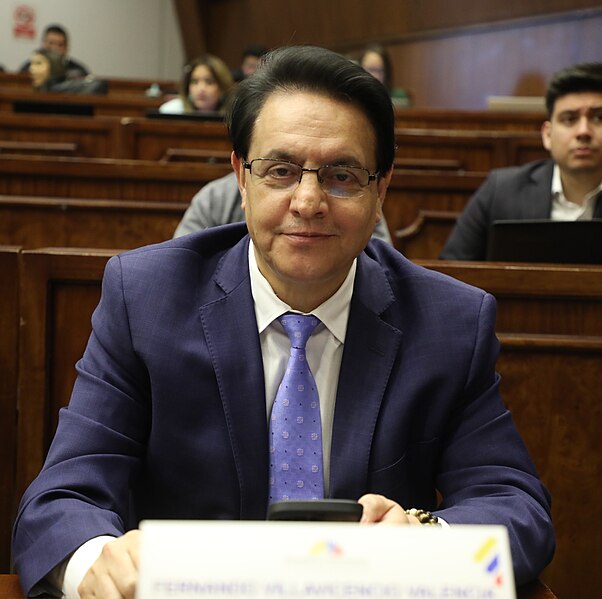Ecuador is living days of shock and confusion after the murder of presidential candidate Fernando Villavicencio in the capital on 9 August, just half a week before the general elections called by President Guillermo Lasso, who will leave office two years before the end of his term. In the midst of their indolence, the government and the police are unable to offer the country any explanation for this event, which has had an impact on public consciousness, increasing confusion and fear in the face of the worsening criminal violence of recent years, led by gangs linked to transnational organised crime.
Villavicencio, with a trade union background in the oil industry, gained a public presence in the last decade as a contradictor of the government of former president Rafael Correa, under the banner of anti-corruption. In the last two years, as an assemblyman, he allied himself with the neo-liberal government of President Lasso, being recognised as its candidate for the current elections.
Several factors explain the change that Ecuador has undergone in the last two decades to become a centre of operation and conflict for organised mafias, says researcher Pablo Ospina of the Universidad Andina. On the one hand, “dollarisation” at the beginning of the century provided a favourable scenario for laundering drug money. Secondly, the “peace agreement” with the FARC in Colombia in 2016 led to the multiplication of armed mafia groups linked to trafficking, which began to intervene and compete in Ecuador. The fourteen prison massacres that have occurred in recent years, with nearly five hundred deaths, can be explained in this context of conflicts between international cartels for control of territories, ports and routes.
Given this moment of tension, there is speculation about the effects that this event could have in the pre-electoral context and about the impact on the direction the country could take, in a future of great uncertainty. Some suggest postponing the elections, right-wing candidates offer immediate solutions based on repression, and broad sectors of the population and social organisations call for peace and democracy.






